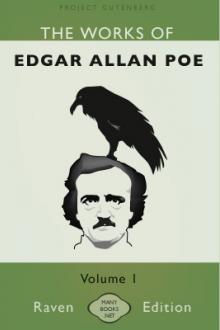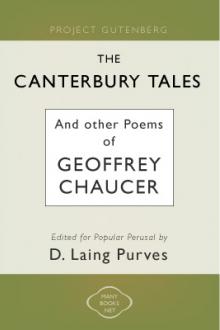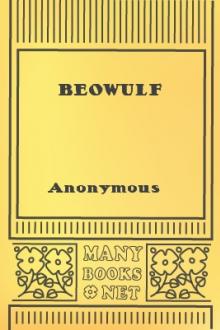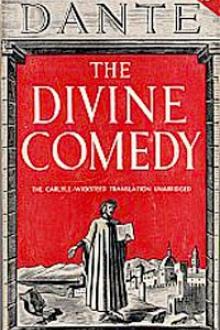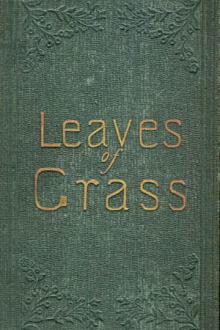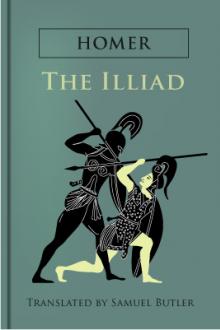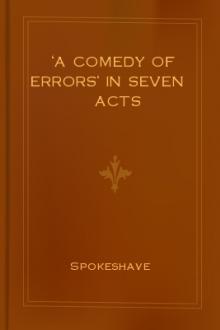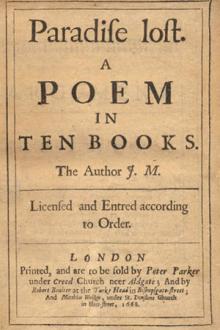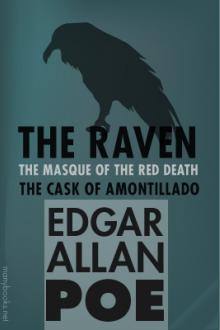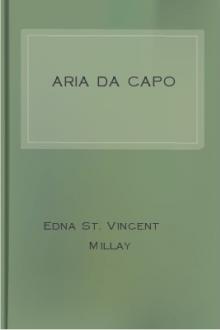Renascence and Other Poems
Renascence and Other Poems
Book Excerpt
ol is its hand upon the brow
And soft its breast beneath the head
Of one who is so gladly dead.
And all at once, and over all
The pitying rain began to fall;
I lay and heard each pattering hoof
Upon my lowly, thatched roof,
And seemed to love the sound far more
Than ever I had done before.
For rain it hath a friendly sound
To one who's six feet underground;
And scarce the friendly voice or face:
A grave is such a quiet place.
And soft its breast beneath the head
Of one who is so gladly dead.
And all at once, and over all
The pitying rain began to fall;
I lay and heard each pattering hoof
Upon my lowly, thatched roof,
And seemed to love the sound far more
Than ever I had done before.
For rain it hath a friendly sound
To one who's six feet underground;
And scarce the friendly voice or face:
A grave is such a quiet place.
The rain, I said, is kind to come
And speak to me in my new home.
I would I were alive again
To kiss the fingers of the rain,
To drink into my eyes the shine
Of every slanting silver line,
To catch the freshened, fragrant breeze
From drenched and dripping apple-trees.
For soon the shower will be done,
And then the broad face of the sun
Will laugh above the rain-soaked earth
Until the world with answering mirth
Shakes joyously, and each round drop
Rolls, twinkling, from its grass-blade
Editor's choice
(view all)Popular books in Poetry
Readers reviews
5.0
LoginSign up
Much interest in Edna St. Vincent Millay was aroused in the last few years because of two biographies which included the risque events of the poet's life. According to the biographers, Millay was, in varying degress depending on the time, quite alcoholic and promiscuous. She raised eyebrows at her confesedly hedonistic view of living.
Still, poems such as the "Fig" poems, the sonnets, and especially "Renascence" reveal a uniquely female heart--one that eschewed middle-class morality and yet was hungry for God and a deeper sense of truth and being. And that is what a reader brings away from a reading: an Emily Dickinson-style encounter with truth. (E.D. said she knew it was poetry when the top of her head blew off.)
We know what Millay means in "God's World" when in the fall she pleads with the Creator not to allow one more "burning leaf" to fall and not to allow another bird to call for fear that she will be consumed by autumn's beauty. We wonder whether we could have borne another verse.
Still, poems such as the "Fig" poems, the sonnets, and especially "Renascence" reveal a uniquely female heart--one that eschewed middle-class morality and yet was hungry for God and a deeper sense of truth and being. And that is what a reader brings away from a reading: an Emily Dickinson-style encounter with truth. (E.D. said she knew it was poetry when the top of her head blew off.)
We know what Millay means in "God's World" when in the fall she pleads with the Creator not to allow one more "burning leaf" to fall and not to allow another bird to call for fear that she will be consumed by autumn's beauty. We wonder whether we could have borne another verse.
- Upvote (0)
- Downvote (0)
Popular questions
(view all)Books added this week
(view all)
No books found
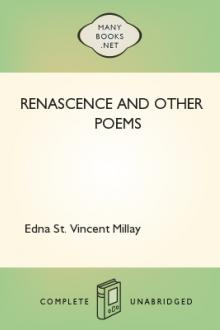
 Free Download
Free Download













